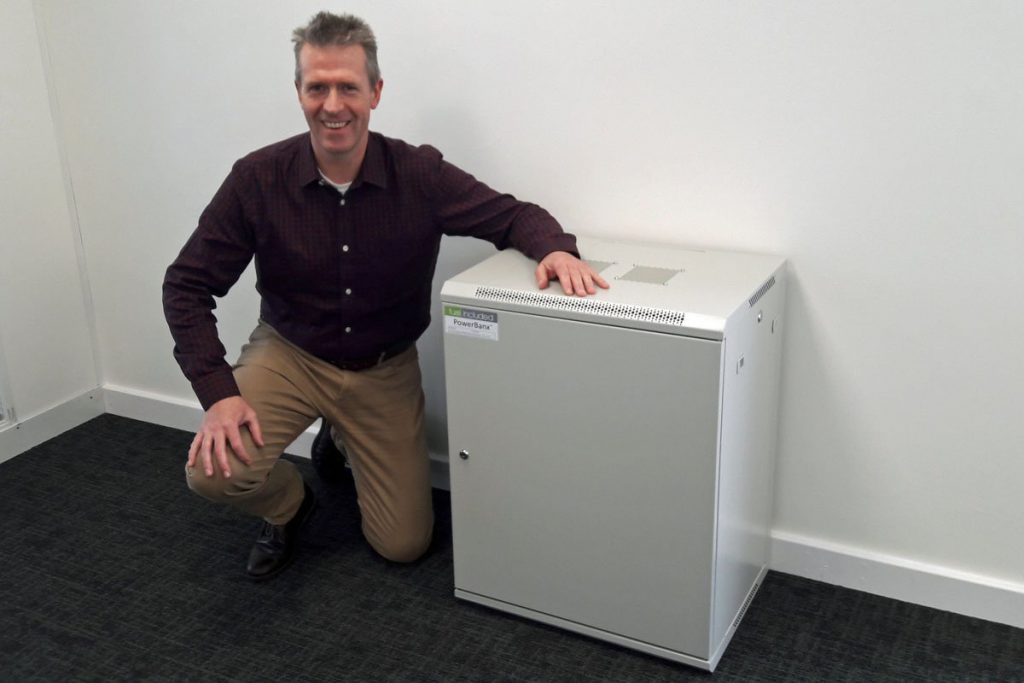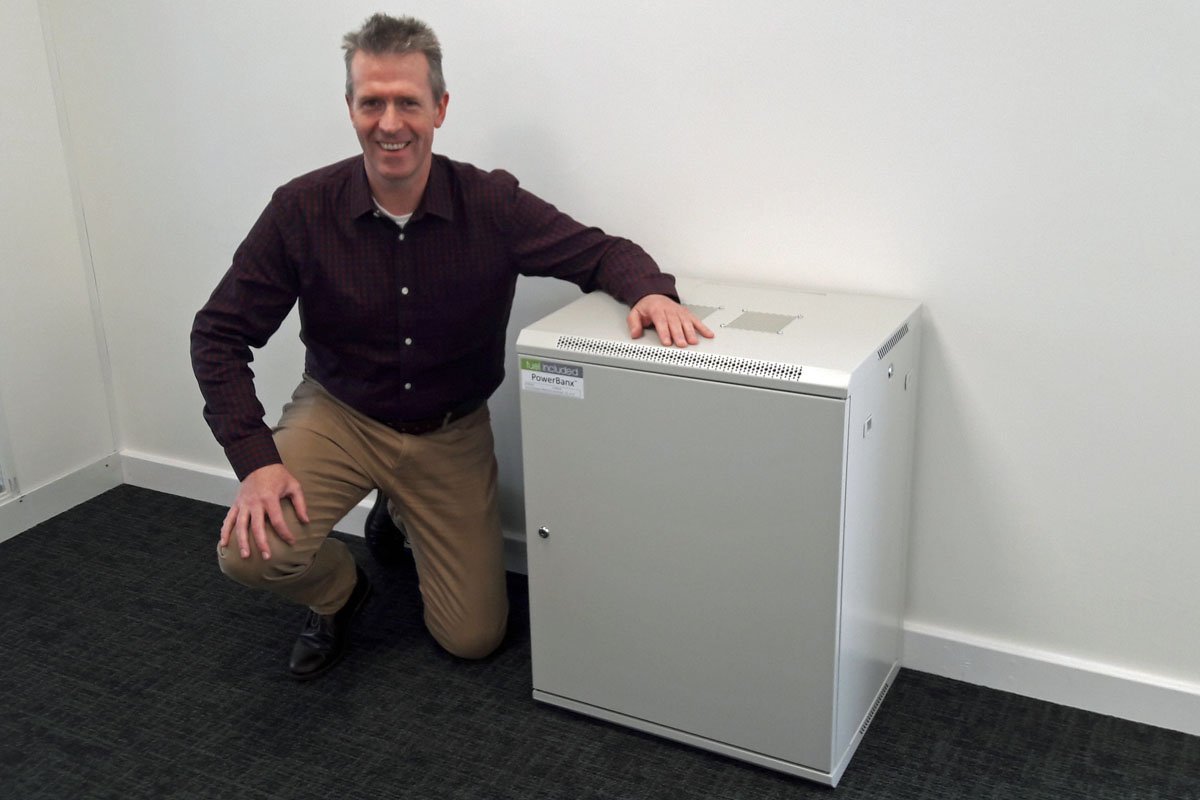As the solar power industry pushes the boundaries of clean, renewable energy, more and more households and businesses are relying on the sun for fuel.
But the sun only shines for part of the day – so, like many other energy setups, solar power needs a storage solution to be completely viable as a single source. While adding battery storage to a solar array adds to the initial installation cost, utilizing energy storage increases the efficiency of solar panels, so in the long term, it decreases the per kWh cost to consumers.
For the last two decades, most energy storage solutions (ESS) have used lithium ion batteries as their main backup source. Lithium ion batteries are inexpensive, readily available, and, as more devices and even vehicles have come to rely on them, they have saturated the battery market. As this saturation occurs, it contributes to both the availability of lithium ion and a further decrease in cost. Additionally, lithium batteries last longer and can be easier to install than available alternatives, like lead-acid batteries. So it’s easy to see why lithium ion has been the battery of choice for solar plus storage systems.

Tanjent’s PowerBanx X battery storage, in pale grey enclosure (Image: Tanjent)
New technology is inevitable, and like any industry, solar energy systems must be ready to adapt. One promising battery emerging is the lithium iron phosphate battery (LiFePO4 battery). While lithium iron phosphate batteries have both advantages and disadvantages, there are several features that make this solution a great fit for solar energy storage, in particular.
Less Cell Density
Cell density is a description of how much power is stored in a given space. A higher density means a battery can run longer. This means that lithium iron phosphate batteries will have to be slightly larger to hold the same amount of energy as a regular lithium ion battery.
This may seem like a disadvantage, but in most cases, the small amount of extra storage needed is well worth it. A lower cell density makes the batteries less volatile. Lithium iron phosphate batteries are highly unlikely to overheat or worse – catch fire, even if they are overcharged. Since solar power setups are often installed in homes or office buildings, safety is a top priority. The advantage is stability is particularly pronounced in higher temperature environments, and situations where a high voltage (like the ability to run a microwave or refrigerator) is needed.
Read more: Alt Energy Mag
